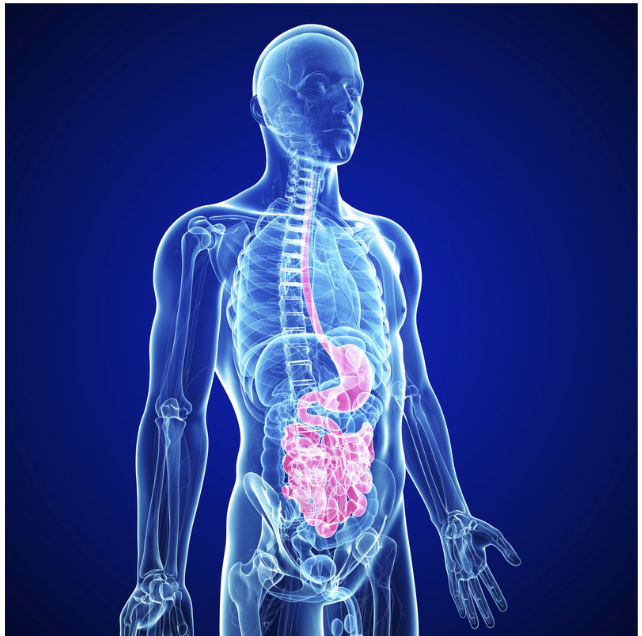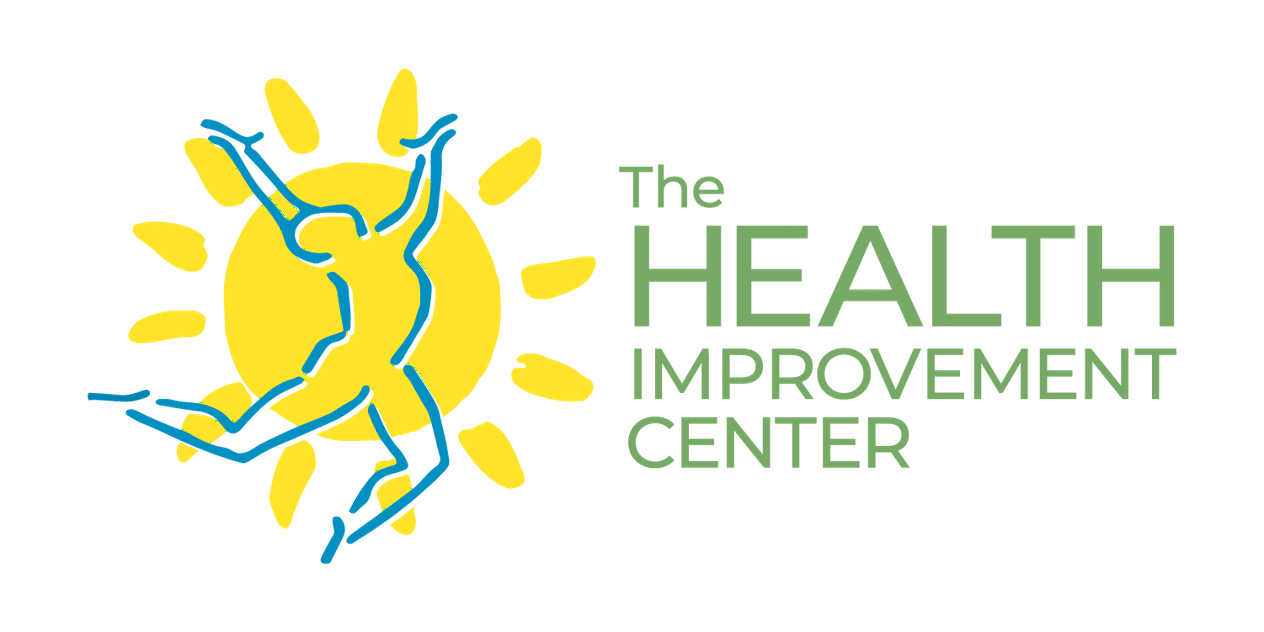
The intestines are a long, continuous tube running from the stomach to the anus. Most absorption of nutrients and water occur in the intestines. The intestines include the small intestine, large intestine, and rectum. Most health problems begin in your intestines. You can imagine then why it is so important to have good gut health and support.
The small intestines (small bowel) is about 20 feet long and about an inch in diameter. Its job is to absorb most of the nutrients from what we eat and drink.
The large intestine (colon or large bowel) is about 5 feet long and about 3 inches in diameter. The colon absorbs water and electrolytes from waste, thus creating stool.
One can see that with over 25 ft. of intestinal tract, this alone can set forth the potential for a series of non-optimum conditions. Additionally many are lacking healthy beneficial flora (the healthy bacteria in the GI tract) which is needed for a healthy digestive tract.
Other things that can kill your flora and disrupt the balance of your digestive system include: drugs like antacids and laxatives, birth control pills, steroid/hormonal drugs, non steroid anti-inflammatory drugs, fluoride, coffee/tea, carbonated drinks, chlorine, preservatives (in food), stress and antibiotics.
Commonly Known Intestinal Conditions
- Stomach flu: Inflammation of the small intestine. Infections (from viruses, bacteria, or parasites) are the common cause.
- Celiac disease: Allergy to gluten (a protein found in most breads) causes the small intestine not to absorb nutrients properly. Abdominal pain and weight loss are usual symptoms.
- Colitis: Inflammation of the colon. Inflammatory bowel disease or infections are the most common causes.
- Crohn’s disease: Inflammatory condition that usually affects the colon and intestines. Abdominal pain and diarrhea (which may be bloody) are symptoms.
- Diverticulosis: Small weak areas in the colon’s muscular wall allow the colon’s lining to protrude through, forming tiny pouches called diverticula. Diverticula can bleed or become inflamed.
- Diverticulitis: When diverticula become inflamed or infected, diverticulitis results. Abdominal pain and constipation are symptoms.
- Diarrhea: Stools that are frequent, loose or watery are commonly called diarrhea. Most Diarrhea is due to self-limited, mild infections of the colon or small intestine.
- Salmonellosis: Salmonella bacteria can contaminate food and infect the intestine. Salmonella causes diarrhea and stomach cramps.
- Travelers diarrhea: Many different bacteria commonly contaminate water or food in developing countries. Loose stools, sometimes with nausea and fever, are symptoms.
- Irritable bowel syndrome: Also known as IBS is an intestinal disorder causing pain in the belly, gas, diarrhea and constipation.
- Constipation: When bowel movements are infrequent or difficult.
- Colon cancer: Cancer of the colon affects more than 100,000 Americans each year.
- Colon polyps: Polyps are growths inside the colon. Colon cancer can develop in these tumors after many years.
Solutions For Intestinal Disorders
Probiotic and Prebiotic
Although we can’t cover all of the solutions for these conditions, we can cover a couple of the basics that can dramatically improve the health of your intestines/colon and lay a foundation for improved intestinal conditions that can assist to fend off non-optimum conditions.
Probiotic: A substance containing beneficial microorganisms that is beneficial to human and animals by restoring the balance of microflora in the digestive tract. Microflora are bacteria and other organisms that live inside the intestines which help to digest food.
Probiotics are also important because they can synthesize certain vitamins (B & K) and short-chain fatty acids to support a healthy intestinal lining and bolster immunity.
When your intestinal lining is occupied by healthy beneficial flora it leaves unwelcome micro-organisms deprived of both space and nutrients. Healthy people usually have a ratio of approximately 85% good and 15% potentially harmful organisms in the intestinal tract. In some cases, however, even those who appear well might have an unfavorable ratio as a result of daily exposure to environmental toxins and modern lifestyle.
Prebiotic: A dietary supplement in the form of a non-digestible substance that favors the growth of desirable microflora in the large bowel. Prebiotics are also in foods such as onions, garlic, asparagus, artichoke, leek, and bananas to mention a few.
Like probiotics, prebiotics also play a beneficial role in intestinal health, via their alteration of the gut flora composition in favor of the beneficial bacteria.
Solution for Intestinal Disorders
The first step is determining what your issue is. So scheduling an appointment with Dr. Katie would be necessary otherwise you would be attacking this problem blindly. Through dialogue and Nutrition Response Testing she will be able to pinpoint what is causing your issue.
Second step is Dr. Katie would then test the right product to address your situation. This is key. Unfortunately there is no one magic supplement that fits everyone. Bodies respond differently to different supplements. The good thing is we carry a large variety of supplements to address all of the issues previously mentioned in this article.
For example you just may need some digestive support so possibly Zypan or Multizyme may be what you need. Or you may need something to assist you in replacing the gut flora in which case LactEnz or ProSynbiotic may be the product for you. We carry over 20 probiotics to assist in supporting your intestinal health.
The point is these issues can be supported with the right supplement. This can only be determined through setting up an appointment and finding the real cause to your situation. But that is the beauty of it all. You will not just be buying a product blindly in hopes that it helps but will be put on a product that tests well for your specific condition.
Restoring Your Health Naturally,
Dr. Katie Thompson, DC, MSTN
Phone
Address
10006 Carrington Pl, Manassas, VA 20109
Hours
Monday 9am to 1pm
Wednesday 9am to 2pm and 4pm to 7pm
Friday 9am to 2pm and 4pm to 7pm
Saturday 9am to 1pm
Disclaimer – Privacy Policy – Terms and Conditions|©Copyright 2023. All Rights Reserved.
